Croatian cabinet minister praises Ustasha terrorist
The unveiling of a monument honoring Croatian Ustasha terrorist Miro Baresic has been attended by two Croatian ministers, the N1 broadcaster has reported.
Monday, 01.08.2016.
09:28
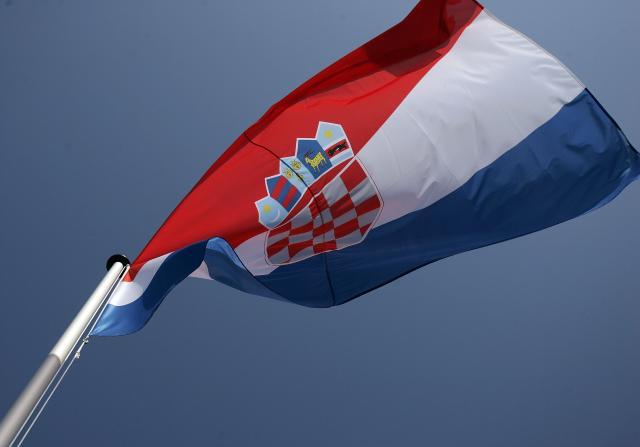
Croatian cabinet minister praises Ustasha terrorist
The unveiling of the monument in Baresic's hometown of Drage on Sunday was attended by Croatian Culture Minister Zlatko Hasanbegovic and Minister of Veterans Tomo Medved. According to N1 only Ante Gotovina, also in attendance, received more applause than Hasanbegovic.Those gathered included generals Josip Lukic and Ljubo Cesic Rojs, Ante Deur, and several officials of the Croatian Party of Right Ante Starcevic, as well as members of the Croatian Assembly.
Minister Meved addressed the crowd to say that Baresic was "one of the biggest Croatian patriots" and "a symbol of the struggle for freedom." Consequently, the Croatian official concluded that "his work and his sacrifice must be respected."
"He fought for years, abroad and during the Homeland War, for a free and independent Croatia, and never gave up on his idea, although he for years felt the injustice that was being inflicted systematically on the Croats. Like many other immigrants who were willing to give their lives for Croatia, he was 'a defender before there were defenders'... He participated in the Homeland War and lived to see the realization of his dream. Thank you, Miro, for an independent, sovereign and free Croatia," said Medved.
Describing the 1971 murder in Stockholm, Beta agency said that "when Baresic saw that that the police were coming he realized that the original plan to take the ambassador hostage had fallen through" and that, as the police stormed the embassy building, "the other assassin Brajkovic took a pistol, put it in Rolovic's mouth and shot him in the head."
"After that they both surrendered without resistance, shouting: 'Independent State of Croatia' and 'Long live Ante Pavelic'," said the report.
The Independent State of Croatia (NDH) was a Nazi-allied WW2 entity led by the Ustasha regime and Ante Pavelic, that operated death camps for Serbs, Jews, and Roma.
As reported in Croatian media, Baresic was killed on July 31, 1991 near the town of Benkovac in Croatia, "under mysterious circumstances".
Reacting to the decision to build a monument in honor of the Ustasha terrorist, head of the Association of Serbs from the Region Miodrag Linta said it represented "merely yet more proof that the NDH is the foundation of today's Croatia."
"Statements by the (Croatian) president and right-wing politicians that they supposedly condemn the Ustasha ideology are only declarative and intended for the outside. Most of Croats and their politicians today see Ustashas as the real Croatian army and fighters for freedom of the Croatian people, and the (WW2) Partisans as criminals and occupiers," said Linta.
A court in Sweden sentenced Baresic and Brajkovic to life in prison, but the government of Swedish Prime Minister Olof Palme in October 1985 reduced the sentence handed to the terrorist to 18 years, "for good behavior."
After Croatia's secession in 1991 and the disintegration of Yugoslavia, Baresic returned from South America and joined Franjo Tudjman's National Guards (ZNG).
Resurgence
Serbian Interior Minister Nebojsa Stefanovic has called "disconcerting" the inauguration of a monument to Ustasha terrorist Miro Baresic, Beta agency reported earlier.Stefanovic said hat this act smacked of "a resurgence of fascism in Croatia."
Baresic has been honored with a monument in Drage, near Pakostane, Croatia, the news agency said.
"It is very hard to speak coolly and rationally about something that is really much appears to be a resurgence of fascism in Croatia, of Ustashism," Stefanovic told Pink TV.
Tanjug reported him as noting that Baresic was found guilty and sentenced to 18 years in prison by a Swedish court.
He added that memorializing a man convicted of an act of terror "should have serious states in the EU concerned," Beta reported.
"They reacted in cases which were much more benign compared to this one, and then there is a silence over something like this. And this is not the first time. It is not Serbia rehabilitating Stepinac, overturning Branimir Glavas's conviction, or lining up blackshirts unfortunately, all this is happening in Croatia," he said.
Stefanovic also noted that Serbia would hold a central state ceremony on Remembrance Day for Serbs who were persecuted or killed in Croatia's Operation Storm of 1995 in Zemun, in the refugee community of Busije, on August 4.
Remembrance Day is marked ahead of Aug. 5, the anniversary of Croatian military and police forces expelling approximately 250,000 Serbs.










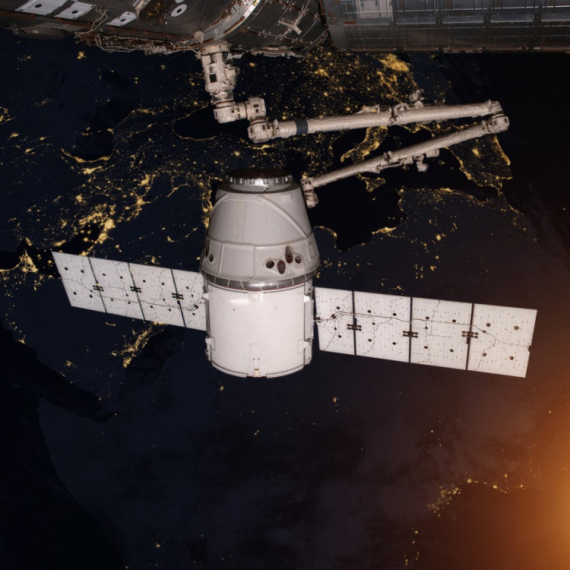
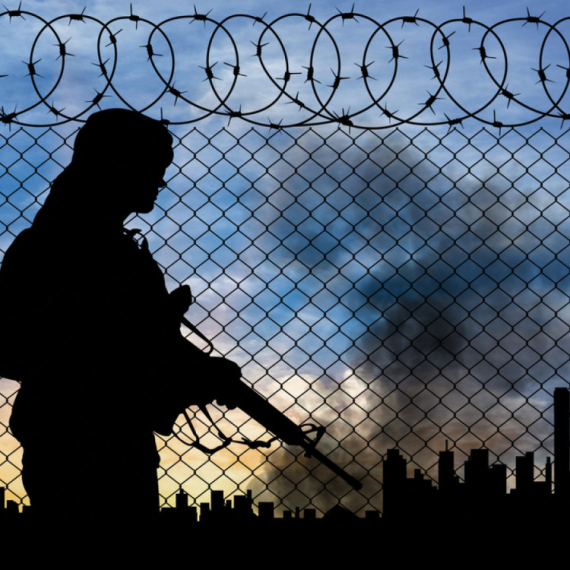
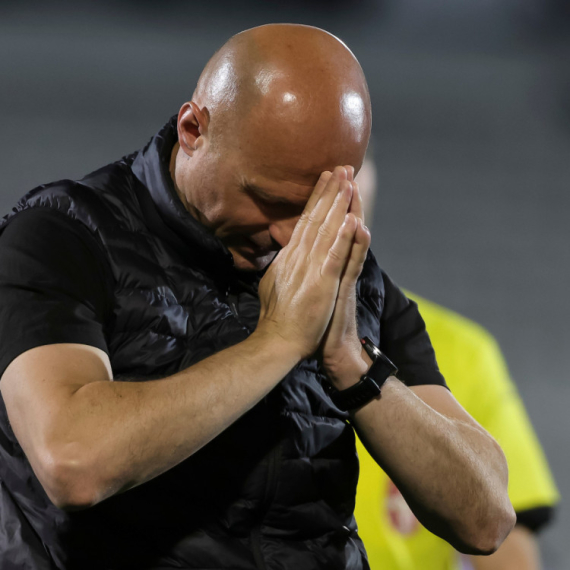
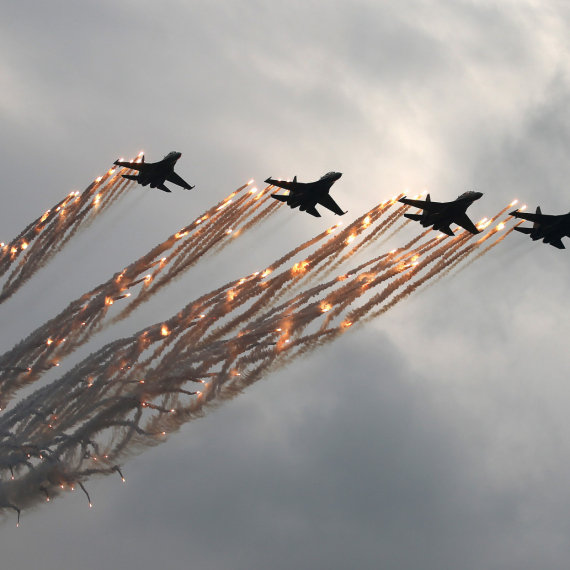








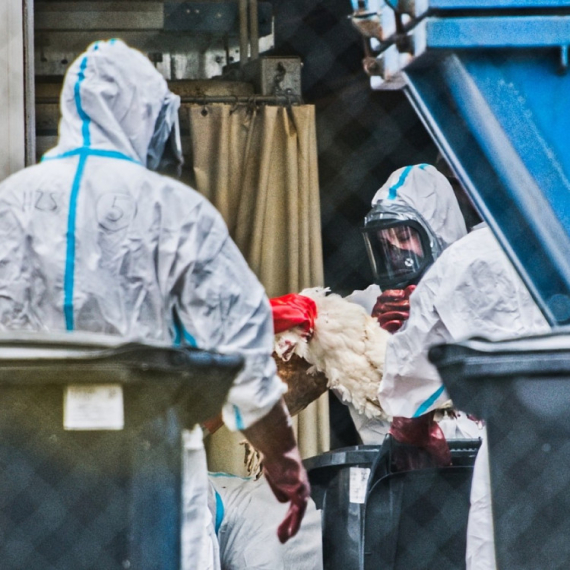














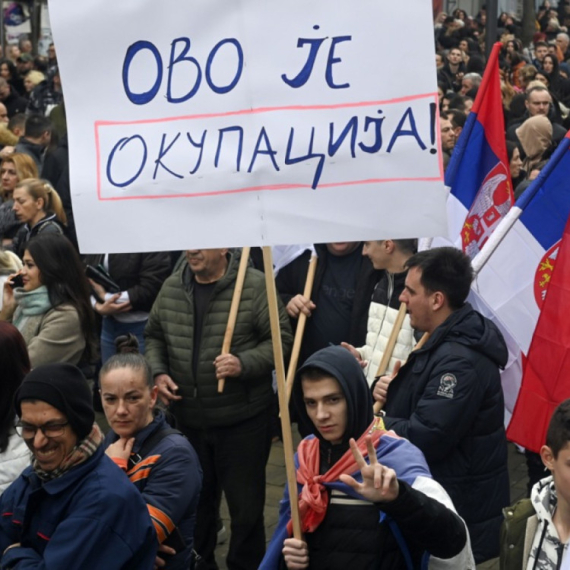
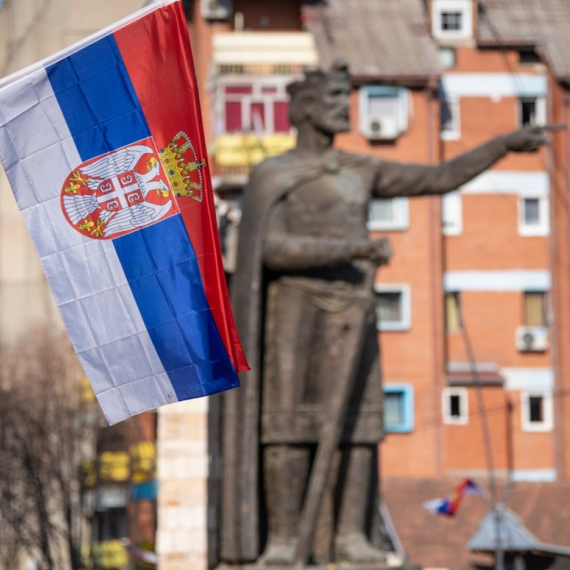


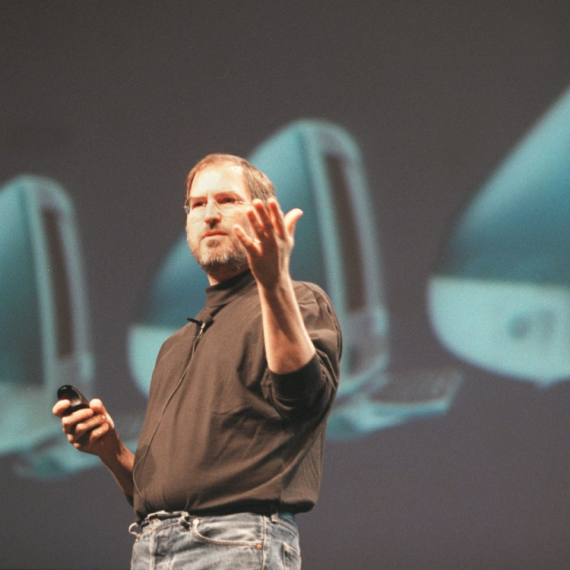



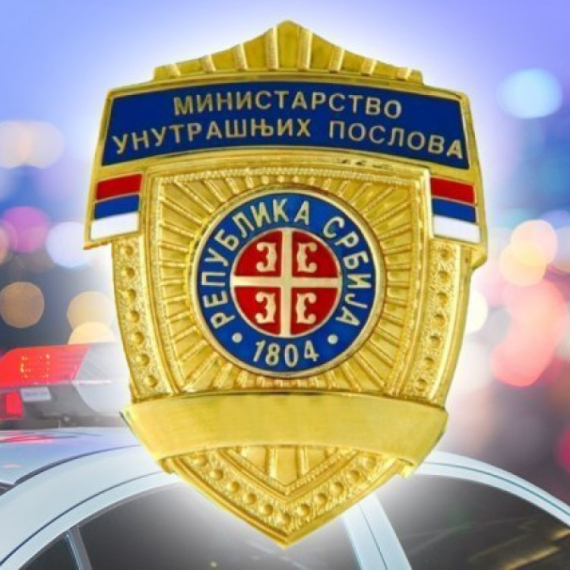



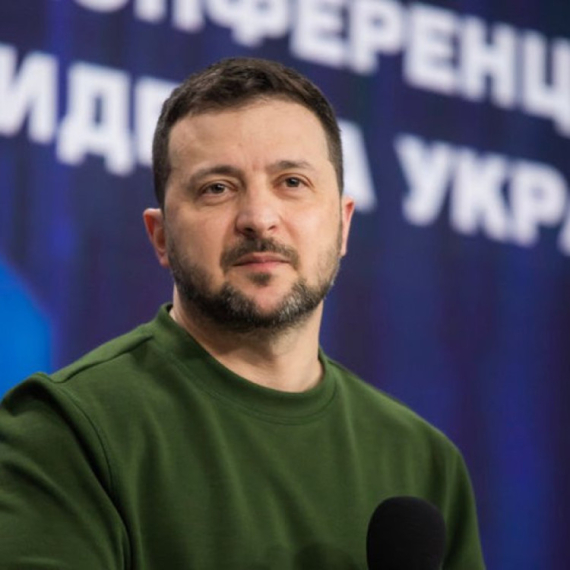
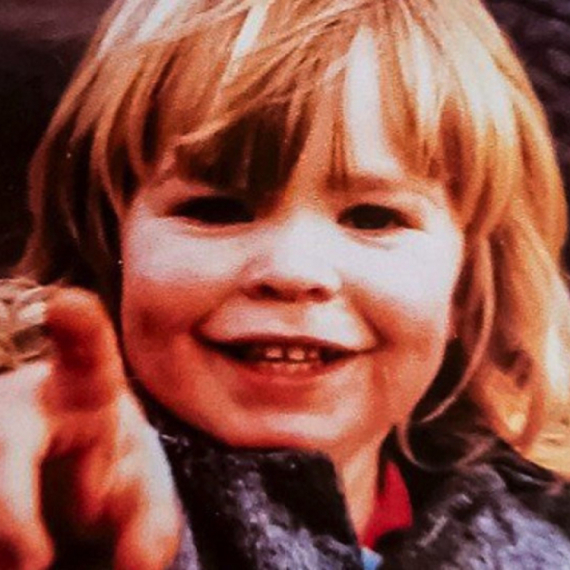
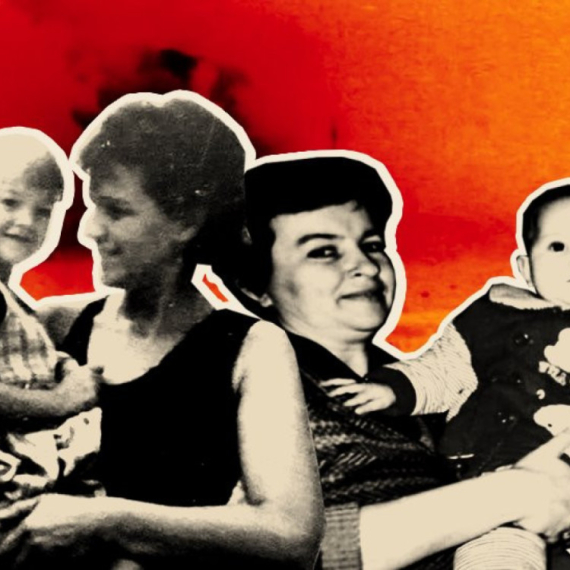

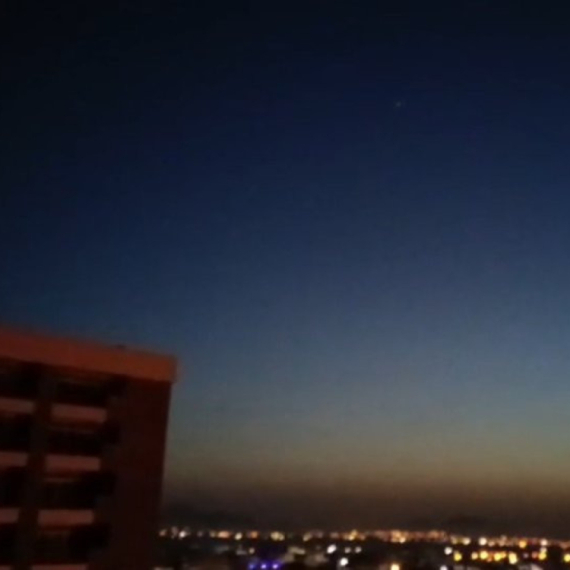

Komentari 37
Pogledaj komentare